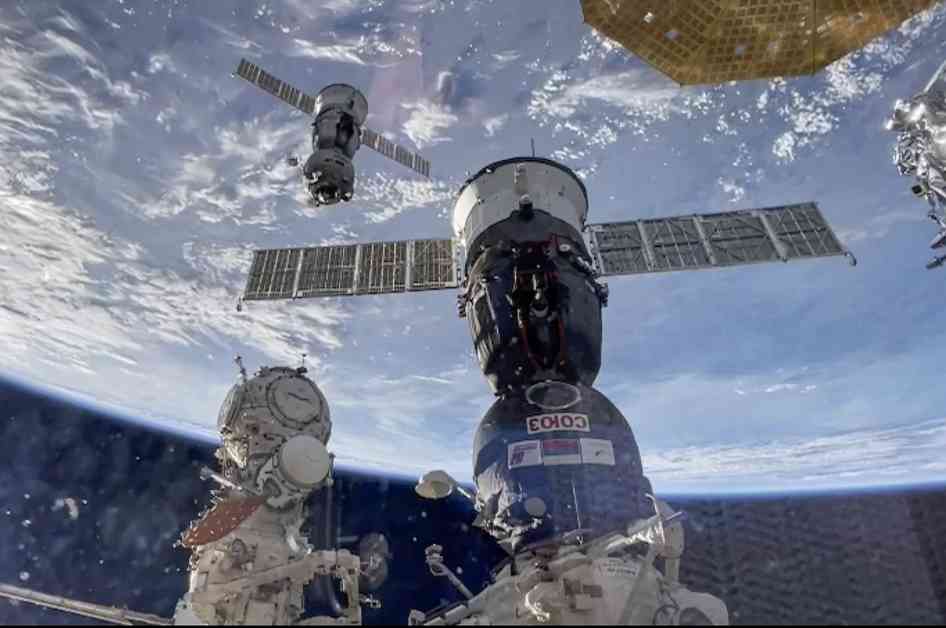Two record-breaking Russian cosmonauts, Oleg Kononenko and Nikolai Chub, along with American astronaut Tracy Dyson, safely returned to Earth from the International Space Station (ISS) on Monday. The trio made a successful landing on the Kazakh steppe around 5 p.m. (1200 GMT).
Before leaving the ISS, Kononenko passed on command of the station to Sunita Williams of the United States. Despite political tensions between Russia and the U.S., the cooperation on the ISS continues to thrive.
Kononenko and Chub achieved a remarkable feat during their 374-day stay in orbit, setting a new record for the longest continuous time spent on the ISS. They surpassed the previous record on Friday. The two cosmonauts began their mission on September 15, 2023.
In addition to this milestone, Kononenko, a 60-year-old veteran of space travel, also broke another record. This mission marked his fifth journey to space, making him the individual with the most cumulative time spent in space. With over 1,000 days under his belt, Kononenko’s dedication to space exploration is unmatched.
As for Dyson, this mission marked her third spaceflight. Spending over 180 days on the ISS since March, she has contributed significantly to scientific research and space exploration endeavors.
The landing of the Russian Soyuz MS-25 capsule in a remote area near the town of Dzhezkazgan, Kazakhstan, was a momentous occasion. The traditional Russian Matryoshka wooden doll depicting Dyson was a symbolic representation of her journey back to Earth.
Rescue team members were on hand to assist Kononenko and Chub as they exited the Soyuz MS-25 space capsule after landing southeast of Zhezkazgan, Kazakhstan. The safe return of the cosmonauts and astronaut highlights the successful collaboration between nations in the realm of space exploration.
The dedication, resilience, and achievements of Kononenko, Chub, and Dyson serve as an inspiration to aspiring astronauts and scientists worldwide. Their groundbreaking mission on the ISS has paved the way for future expeditions and discoveries in space.

